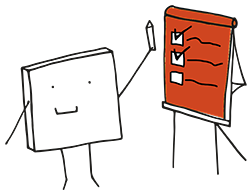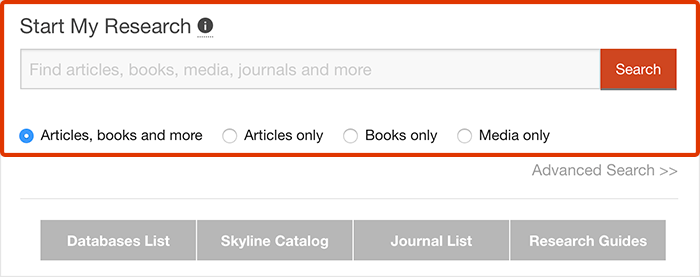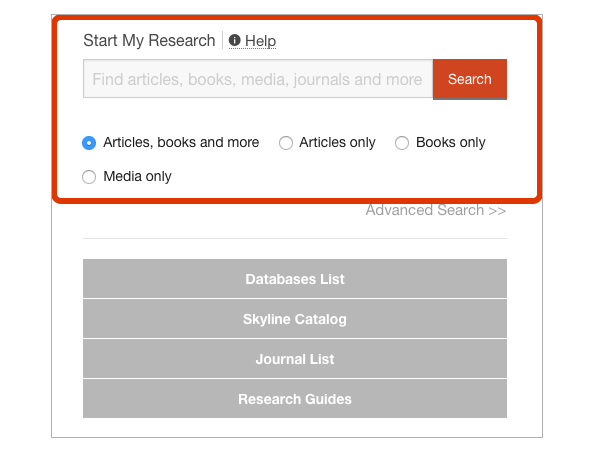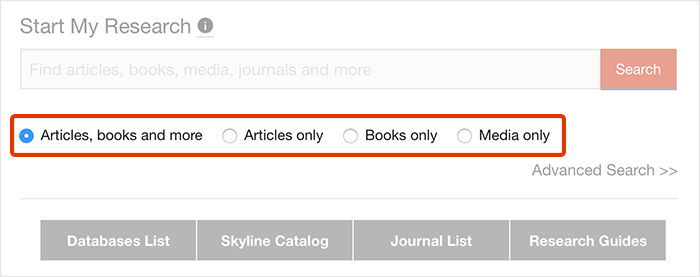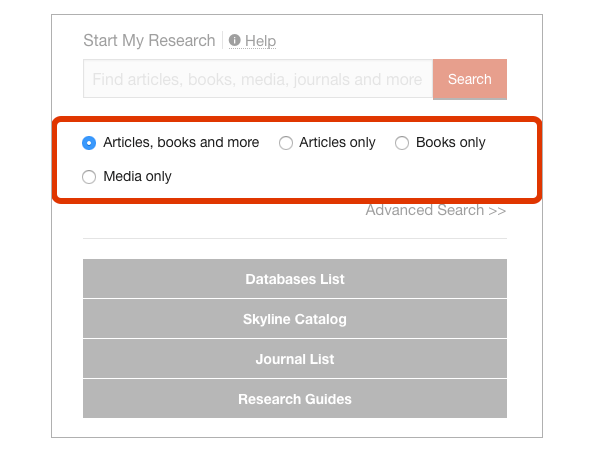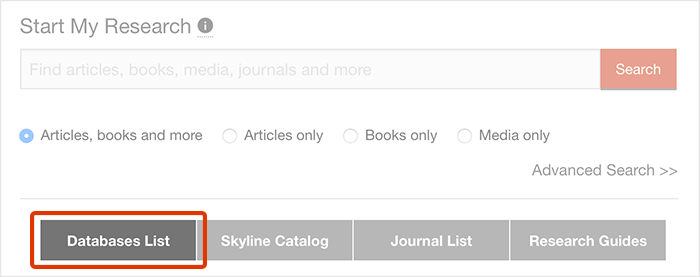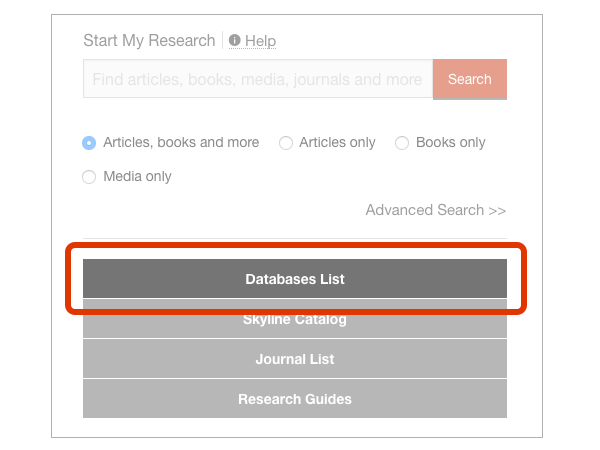Library Newsroom
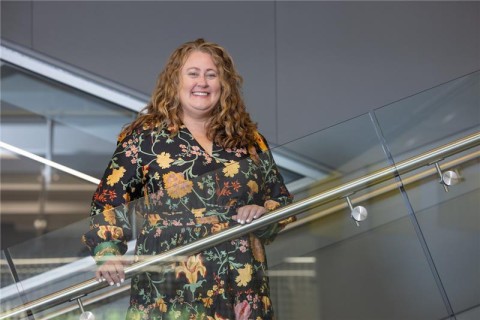
Sited at the geographical hub of campus, the Auraria Library also sits at many of higher education and society’s intersections. Technology and tactility. Independence and community. Fact and interpretation.
Into that intersection steps Jodi Shepherd, who begins Sept. 1, 2025 as the Auraria Library’s new director. She will develop a new vision for the library and lead its 60-some staff, in service to the faculty, staff, and 38,000+ students—one-seventh of all Colorado college students—of the University of Colorado Denver, Metropolitan State University of Denver, and the Community College of Denver.
Bridging Technology and Discovery
One priority for Shepherd will be to grow campuswide recognition of the technological leaps libraries like the Auraria Library have made in organizing and delivering information, all while maintaining beloved attributes of traditional libraries. “Serendipity is one of the best things we can have in a library,” Shepherd says.
Shepherd will seek to ensure that this serendipitous delight—when a user stumbles on that book or research resource they didn’t even realize they needed—is also reflected in how traditional and digital media can be found through a library’s online discovery system.
The “discovery system” is the tailored search portal for a library’s resources across varied media and platforms. Shepherd knows well how these systems work, even at metadata and catalog levels that users rarely think about. That’s because her passion for libraries originated at the technical level: she learned to code in middle school.
“As an undergraduate at Oregon State in 2000, I was hired to help library patrons with computers: helping them sign onto their emails and login to computers,” she says. “When I started library school (at Indiana University, Bloomington), technology was beginning to intersect with more traditional libraries. Libraries brought together my interests in helping people and helping them see what’s out there in the world, at the intersection with computers and technology.”
Library Leadership in Chico
Soon after, Shepherd began a 17-year run at the Meriam Library at California State University, Chico. There, she served as head of reference instruction, head of technical services, and ultimately as interim dean. She led the reopening of the library after COVID closures in 2020.
All the while, she noticed a shifting relationship between the academic library and its users, as people increasingly used online search and their own networks to find information (or misinformation).
“Reliance on alternative sources to the library became greater,” Shepherd says. “Faculty relied more on Google Scholar, and we were not necessarily the first place they thought to come for research. Somehow, libraries became seen as less technologically advanced, even though we got more advanced. We’re meeting needs we hadn’t met before, but I don’t know that people are recognizing that outside the library.”
In Chico, Shepherd addressed these needs by establishing cross-institutional strategic partnerships, finding new ways to attract students to the facility, and expanding the library’s profile and resources across campus and for online students.
The Auraria Library role attracted Shepherd because of the unique opportunity to serve three diverse and distinct higher education institutions. She also was drawn to Colorado’s mountains and rivers, having served as a whitewater rafting guide in Oregon and Alaska in the early 2000s.
Open and Transparent Leadership
At the Auraria Library, Shepherd plans to lead with openness and transparency, making early connections to learn what key stakeholders need as she establishes her vision for the library. She will do this at a crucial time not only for higher education but for society at large, as competing cultural narratives emerge and some question the validity of facts and fact-based research.
She wants faculty, staff, and students to see the library as “partners in critical thinking.” “Libraries have an opportunity to say, ‘We know how the research process establishes validity, which is needed for research outcomes to be relied upon,” she says.
“That facts are being questioned in the first place is something that libraries alone will be able to solve,” she continues. “But we have a framework of how we determine what information is reliable, and that’s through the research process. The librarians and the staff can provide that critical-thinking piece, and provide critical layers of understanding for what people are seeing and reading.”


